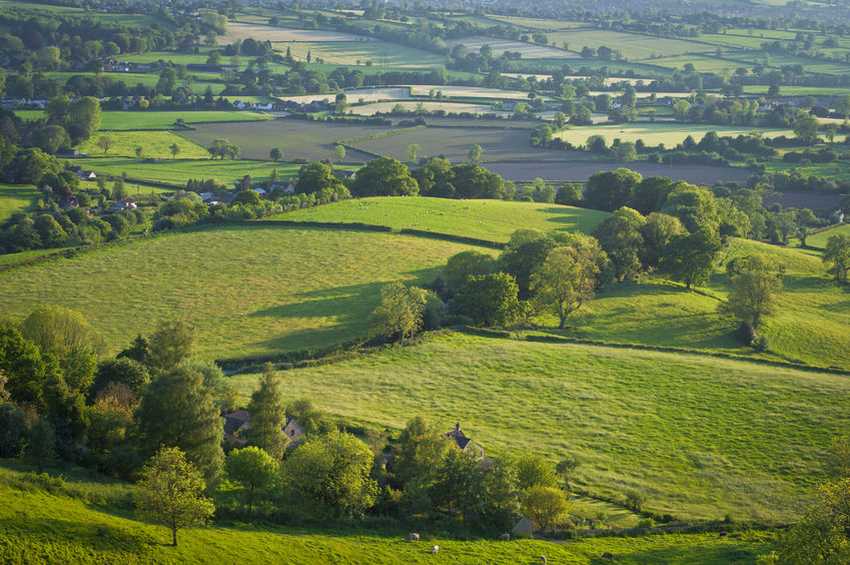1 in 7 Brits have not visited the countryside for two or more years

New research has shown that seven in ten (69%) Brits feel they are losing touch with nature, with a further 13% admitted they have not been to the countryside for more than two years.
The study, commissioned by Jordans Cereals, comes at a time when a recent conference said that the future of agriculture and food production lies with young people.
However, even children's agricultural facilities are closing down.
And according to new research by the BNF, which spoke to more than 27,500 children across the UK, cheese comes from plants, tomatoes grow underground and fish fingers are made of chicken.
In the Jordans Cereals research, when quizzed on wildlife, 33% of those questioned could not identify a barn owl while 66% couldn’t recognise a turtle dove.
Both these farmland birds are in decline with turtle doves being one of the UK’s fastest declining species after populations have fallen by 96% since 1970.
'Long-term decline'
When it comes to trees, one in three Brits would not be able to easily identify an English Oak and 75% couldn’t identify a Hawthorn tree – and yet – trees like the oak and hawthorn provide essential habitats for birds, insects and bats.
Hawthorn trees are able to grow in hedgerows to provide not only shelter for wildlife but also blossom, which is a valuable source of nectar for bees and other pollinators during the spring.
Oak trees on the farms are home to thousands of insects that provide food for numerous species of bird and bat.
Research from the 2016 State of Nature Report showed that more than half of British farmland species are in long-term decline.
This has a major impact on how nature fares within the UK as around 75% of land is used for farming.








